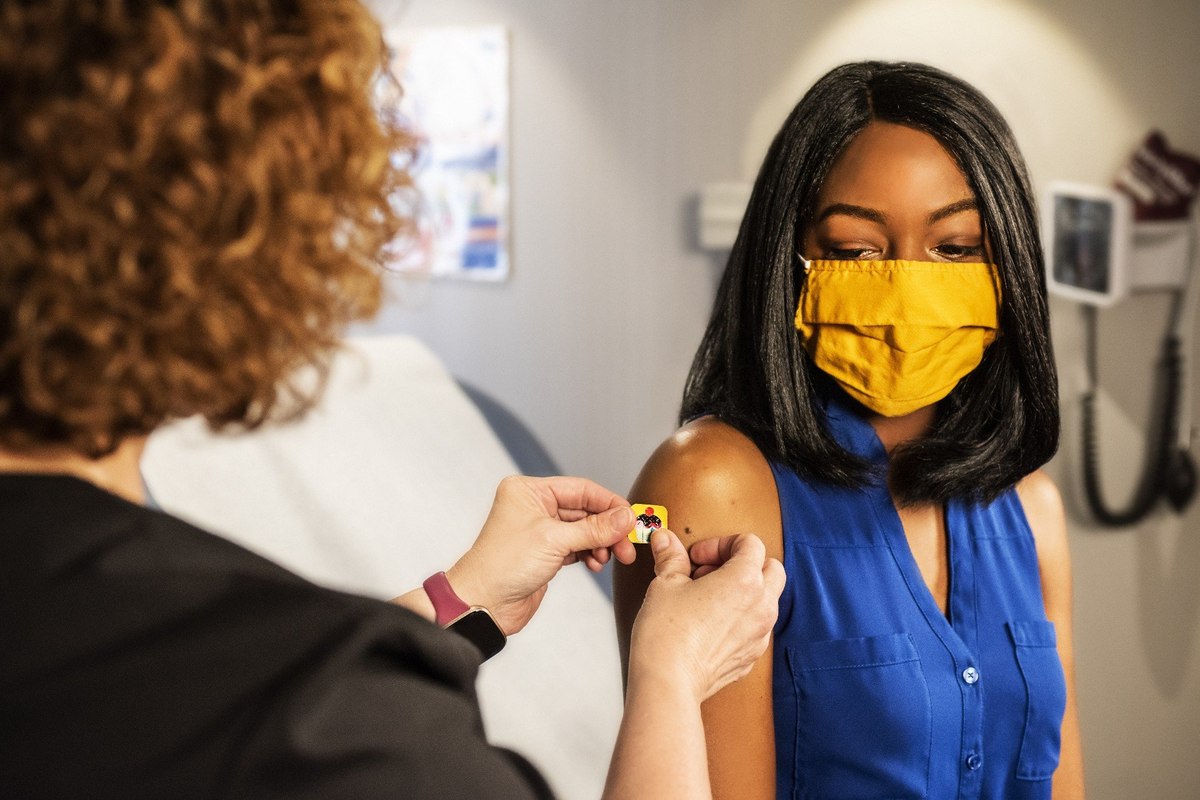
Are global consumers still fearful of a new COVID-19 strain emerging?
At some point over the last year or two, governments around the world lifted the compulsory mask mandates and other COVID-19 safety protocols, with the most recent being Hong Kong. But are people still worried about the possibility of a new COVID-19 strain or other health threats emerging?
Polling data shows that a majority of global respondents are worried about a new COVID strain or other health threats – 21% are very worried and 39% are somewhat worried – while one in eight are not worried at all (12%).
From individual markets, India has the highest percentage of consumers who are very worried about new COVID-19 strains and other health threats, with 38% of the respondents expressing this level of concern. Indonesia follows with 35% of consumers being very worried. Around two in five consumers in both markets say they are somewhat worried about new strains (40% India and 41% Indonesia).
Consumers in the UAE are more likely to be worried with over two-thirds (68%) saying they are very worried or somewhat worried while only around a third are not worried (23% not too worried and 10% not worried at all).
The data also reveals significant differences in consumer concern levels in countries across regions. For example, Singapore has a high percentage of consumers who are somewhat worried, with half the population (51%) expressing this level of concern, while Germany has a high percentage of consumers who are not too worried or not worried at all (56%).
In Europe, consumers in Spain (67%) and Poland (64%) are more likely to be very worried or somewhat worried. In contrast, Denmark has the lowest percentage of people who are worried, with only 8% saying they are very worried and 28% saying somewhat worried. Nearly half the Danish population is not too worried about a new COVID strain or other health threats emerging (49%).
In the US, a slightly higher percentage of consumers indicate to be very worried about these health issues (21%) compared to Britain (14%). However, overall, a similar share of consumers in both countries are worried about new health threats (55% GB and 56% US).
In conclusion, the data highlights that consumer concern about new COVID-19 strains and other health threats varies significantly across countries, which perhaps depends on factors such as vaccination rates, COVID-19 case numbers, and public health infrastructure. These findings could be useful for policymakers and public health officials in addressing public concerns and developing strategies to mitigate the impact of new health threats.
Explore our living data – for free
To receive monthly insights about the health and pharma industry register here.
To read YouGov’s latest intelligence on the health and pharma sector explore here.
Make smarter business decisions with better intelligence. Understand exactly what your audience is thinking by leveraging our panel of 20 million+ members. Speak with us today.
Methodology: YouGov Surveys: Serviced provide quick survey results from nationally representative or targeted audiences in multiple markets. The data is based on surveys of adults aged 18+ years in 18 markets with sample sizes varying between 512 and 2034 for each market. All surveys were conducted online in February 2023. Data from each market uses a nationally representative sample apart from Mexico and India, which use urban representative samples, and Indonesia and Hong Kong, which use online representative samples. Learn more about YouGov Surveys: Serviced.
Photo by CDC on Unsplash